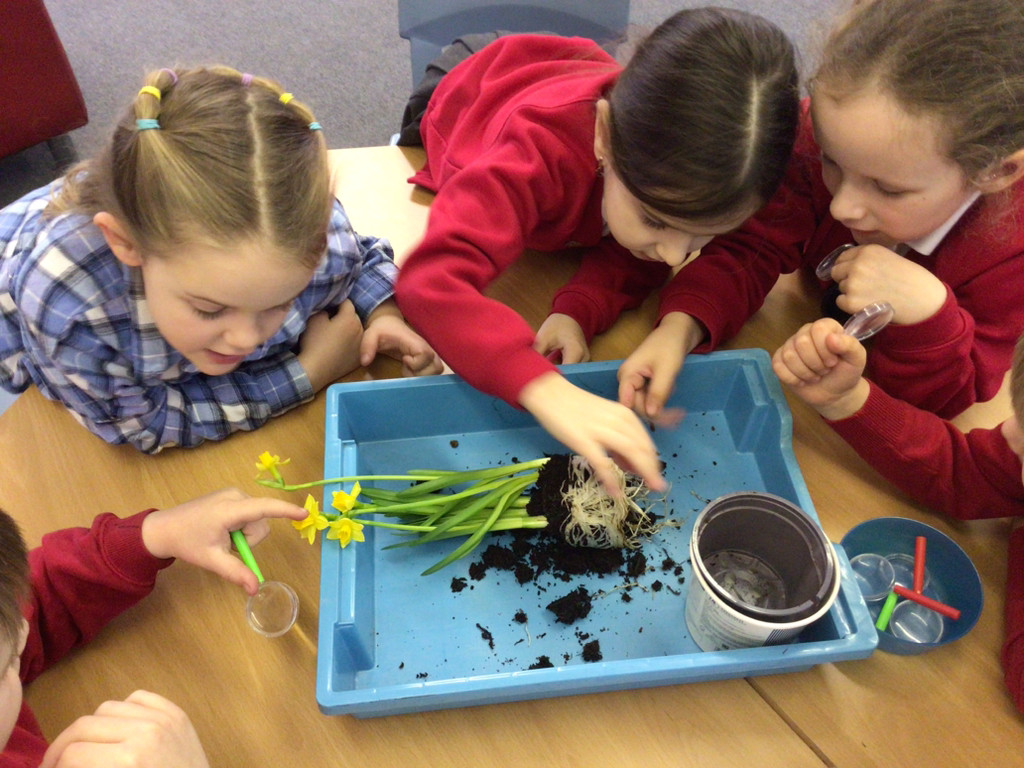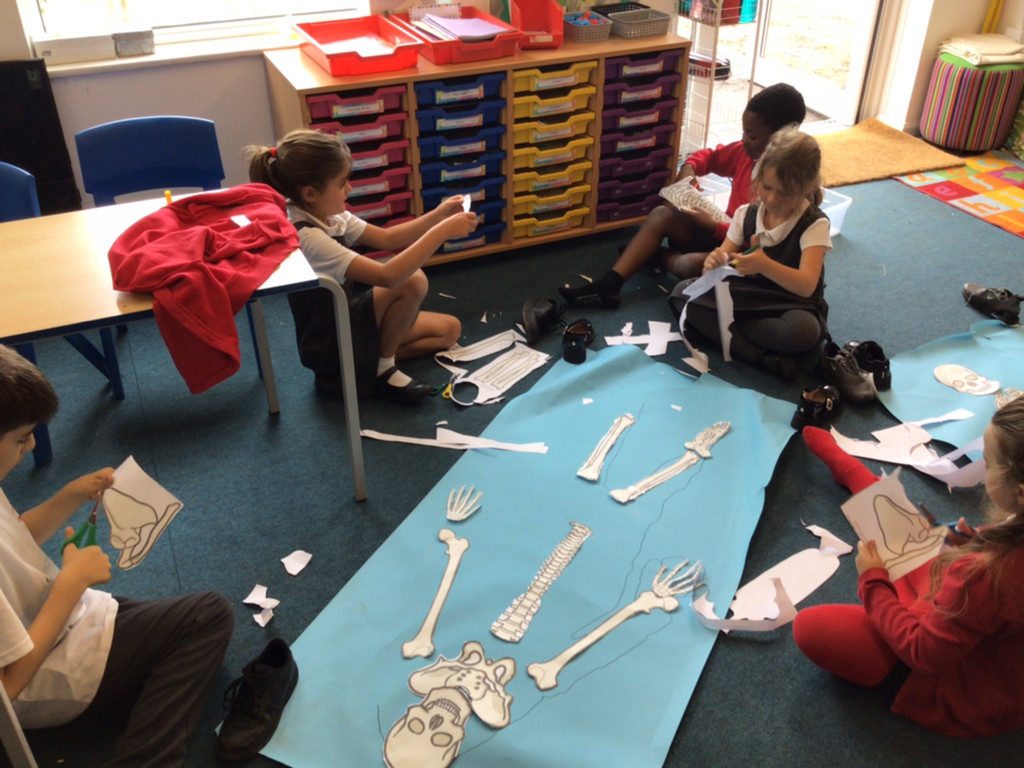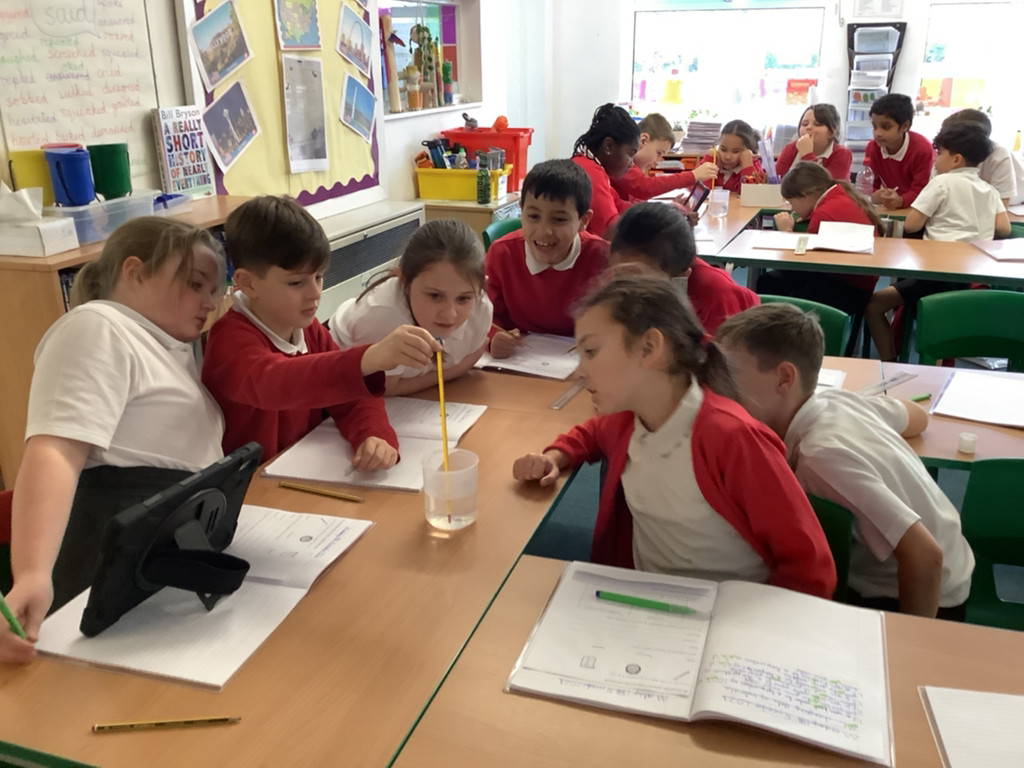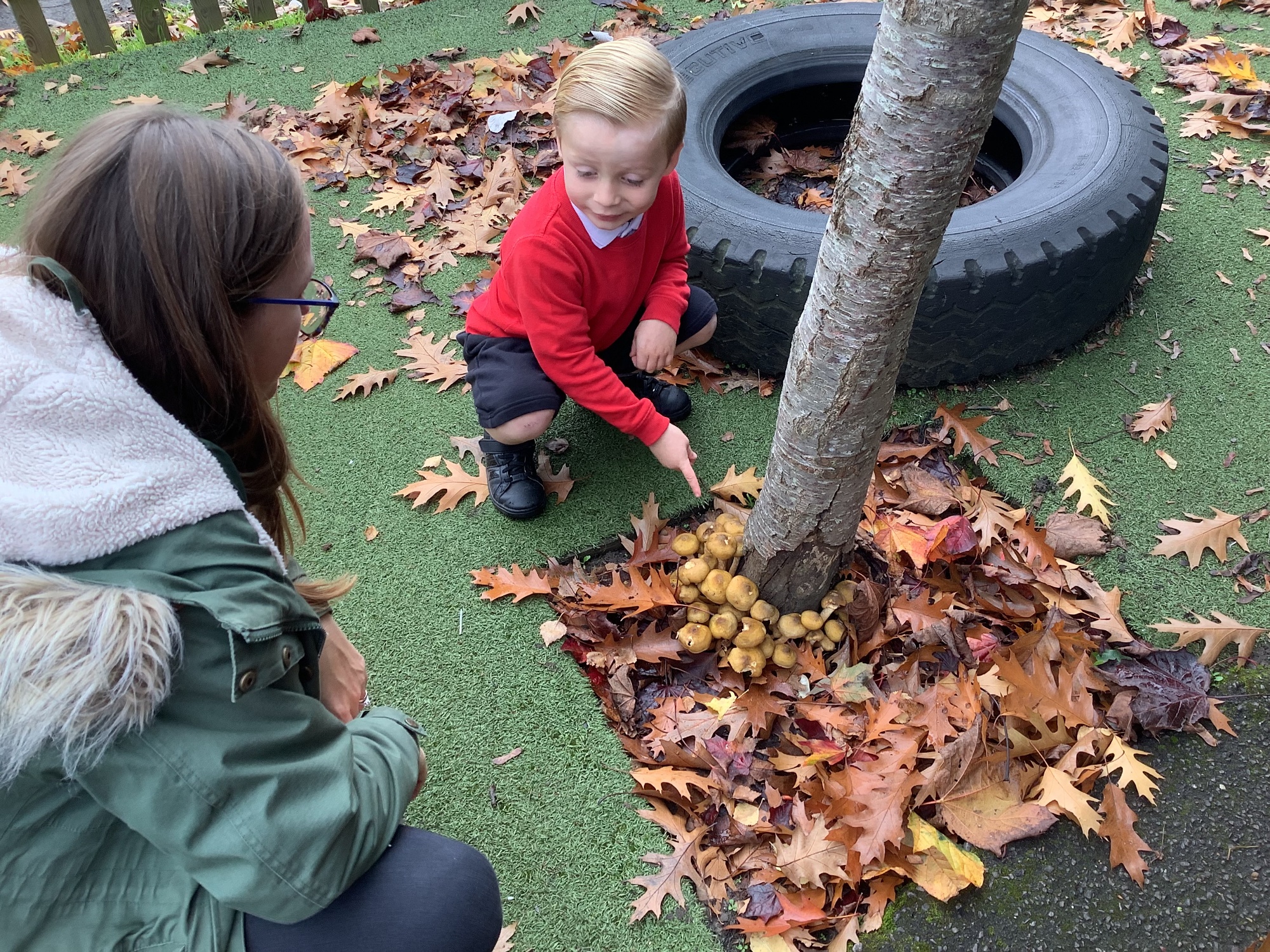Welcome to Wildridings Primary School!
Science
At Wildridings, we strive to provide a high quality and engaging science curriculum which encourages and enables our children to explore and discover the world around them, sparking their curiosity so that they develop a deeper understanding of our world and beyond.
‘The scientist is not a person who gives the right answers, they are the one who asks the right questions.’
– Claude Levi-Strauss



Within the science curriculum at Wildridings, we intend for our children to:
- develop greater understanding of scientific processes through different types of enquiry and investigation, helping them to ask and answer specific questions about the world around them
- develop scientific knowledge and conceptual understanding through the biological, chemical and physical strands of science
- be equipped with the skills needed to better understand scientific advances both today and in the future.
- Develop pupils’ scientific vocabulary
- Identify science-specific vocabulary
- Explicitly teach new vocab (and meaning), revisiting to reinforce
- Encourage pupils to explain their thinking, whether verbally or in written form
- Actively participate in lessons
- Create a collaborative and supportive learning environment
- Capitalise on the power of dialogue (sentence stems)
- Cultivate reasoning and justification
- Recognise the need for scientific rigor and perseverance
- Guide pupils to work scientifically
- Recognise when to work independently and when to work within a team or seek support
- Explicitly teach the knowledge and skills required to work scientifically, guiding pupils to apply this in practice, with opportunity to discuss and reflect
- Relate new learning to relevant, real-world contexts
- Consider real-world contexts
- Engage with science concepts supported by virtual models
- Use assessment to support learning and responsive teaching
- Plan teaching that builds on existing knowledge and experiences
- Monitor learning to inform teaching feedback and next steps
- Summarize what has been learned against planned criteria
- Strengthen science teaching through effective professional development, as part of an implementation process
- Use a range of information to identify priorities and professional learning needs
- Reflect on SLT support at the strategic to classroom level
(adapted from – ‘Improving Primary Science, Summary of Recommendations’ - Education Endowment Foundation)
These websites offer engaging, curriculum-aligned resources to help children understand key scientific concepts.
For Early Years (Nursery to Reception / EYFS)
-
CBeebies – Science for Kids
https://www.bbc.co.uk/cbeebies/topics/science
Fun, interactive videos and games to introduce young children to science topics like the weather, animals, and nature. -
The Little Big Science Book
https://www.thelearningjourney.com
Engaging science activities and simple experiments for younger children that explore basic concepts like forces, materials, and living things. -
Sciencenet
https://www.sciencenet.org.uk
A child-friendly platform with fun videos and interactive learning about the natural world, helping young children explore early science ideas.
Key Stage 1 (Years 1 & 2)
-
BBC Bitesize – KS1 Science
https://www.bbc.co.uk/bitesize/subjects/z6svr82
Curriculum-linked videos, quizzes, and activities that cover topics such as plants, animals, seasons, and basic physical properties. -
Primary Science Teaching Trust (PSTS)
https://www.psts.org.uk
A great resource offering interactive games, activities, and hands-on experiments to develop early scientific thinking. -
The Royal Institution – Science for Kids
https://www.rigb.org
Offers a wealth of fun, hands-on science experiments, videos, and resources that help KS1 children learn about topics like light, sound, and forces. -
Science Sparks
https://www.sciencesparks.com
A collection of simple, fun science experiments that can be done at home or in class, introducing children to scientific concepts like materials, forces, and animals.
Key Stage 2 (Years 3, 4, 5 & 6)
-
BBC Bitesize – KS2 Science
https://www.bbc.co.uk/bitesize/subjects/z2pfb9q
Interactive lessons and quizzes covering a wide range of science topics for KS2, including biology, physics, and chemistry. -
Science Kids
https://www.sciencekids.co.nz
A fantastic site with fun experiments, quizzes, and facts on science topics such as ecosystems, the human body, and energy. -
The Children's University of Manchester – Science
https://www.children.manchester.ac.uk
Offers resources for primary school children, including interactive activities and experiments, focusing on different areas of science such as physics, chemistry, and biology. -
PhET Interactive Simulations (University of Colorado)
https://phet.colorado.edu
A collection of interactive simulations in physics, chemistry, biology, and earth sciences, designed to help students explore science concepts through hands-on activities. -
National Geographic Kids – Science & Nature
https://www.natgeokids.com/uk/category/discover/science/
Offers engaging, visually-rich content that explores natural science, space, the human body, ecosystems, and much more. -
DK Find Out!
https://www.dkfindout.com/uk/
An interactive learning platform that helps children explore science topics such as space, the environment, animals, and the human body through videos, quizzes, and fun facts. -
The Royal Society – Science for Schools
https://royalsociety.org/topics-policy/publications/2019/science-for-schools/
An excellent resource providing information and experiments for primary school children to explore concepts in biology, chemistry, and physics. -
Mystery Science
https://mysteryscience.com
Offers free science lessons, experiments, and activities designed to engage KS2 children in scientific thinking across topics such as light, sound, space, and ecosystems.
For All Ages (EYFS to Key Stage 2)
-
STEM Learning
https://www.stem.org.uk
A comprehensive resource offering free science, technology, engineering, and maths (STEM) activities, including lesson plans and experiments for all ages. -
The British Science Association
https://www.britishscienceassociation.org
A platform with science activity ideas, challenges, and resources designed to support hands-on learning for children across all key stages. -
Nature Detectives (The Woodland Trust)
https://www.woodlandtrust.org.uk/naturedetectives
A fantastic resource for outdoor science learning, offering seasonal activities, investigations, and challenges related to nature, animals, and the environment.
These websites are great for reinforcing science concepts covered in the UK National Curriculum for primary school children. They offer interactive learning experiences, experiments, and educational games to encourage scientific exploration and curiosity.

